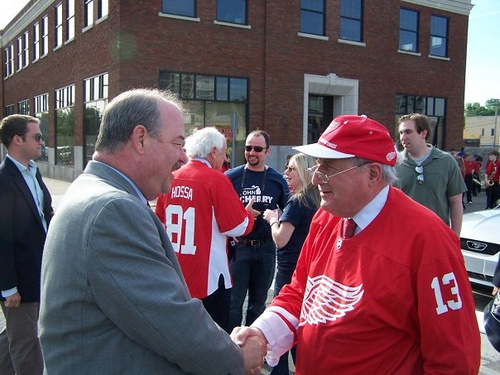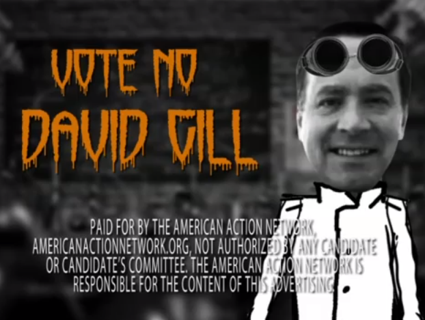
Elena Yakusheva/Shutterstock
The Internal Revenue Service is taking a closer look at the finances of some 1,300 nonprofit organizations, including unions, trade associations, and the type of dark-money groups that controversially spent hundreds of millions of dollars in the 2012 elections. That includes Karl Rove’s Crossroads GPS, the Koch-backed Americans for Prosperity, the US Chamber of Commerce, and the pro-Obama outfit Priorities USA, all of which keep their donors secret.
The IRS’ is asking these groups to answer a questionnaire (PDF) explaining how they spent their money, how their top staffers were paid, if they flew first-class or charter, any perks they received, and more. The taxman’s request for more information comes as campaign finance reformers, disclosure advocates, and at least one angry lawmaker, Sen. Carl Levin (D-Mich.), pressure the IRS to crack down on big-spending nonprofits like Crossroads GPS, which spent at least $67 million on politics during the 2012 campaign. Levin, who is retiring after his current term, said that a priority of his remaining time in Congress is investigating “the failure of the IRS to enforce our tax laws and stem the flood of hundreds of millions of secret dollars flowing into our elections, eroding public confidence in our democracy.”
Here’s more from NPR on the IRS’ latest move on dark money:
The IRS calls the move a “compliance check.” It asks a wide range of questions about a group’s finances and internal structure. Some of the information will turn up, eventually, in a group’s tax return on the Form 990. But other intriguing information will not. For instance, how did the group set the compensation for its most highly paid officers? Did it give them first-class or charter travel? How about country-club memberships? Any other perks?
The agency has targeted groups that are “self-declared.” That is, they claim they qualify for 501(c) tax-exempt status, but they’ve never filed the application with the IRS. That lets them avoid the application form asking the group to describe its proposed tax-exempt activities.
The IRS says the questionnaire is meant “to help us understand” the self-declared groups and to learn “how they satisfy their exemption requirements.”
But the IRS may be weighing other factors, too. The questionnaire’s most explicit questions are about 501(c)(4) political activity, and the document follows months of critics’ complaints that the IRS has treated 501(c)(4) groups too gently.
Unfortunately, the IRS won’t disclose respondents’ answers to the questionnaire. But with this questionnaire—and with one IRS official’s pledge last fall that the agency would scrutinize dark-money nonprofits—it’s obvious that the agency is digging into the issue of dark money.














